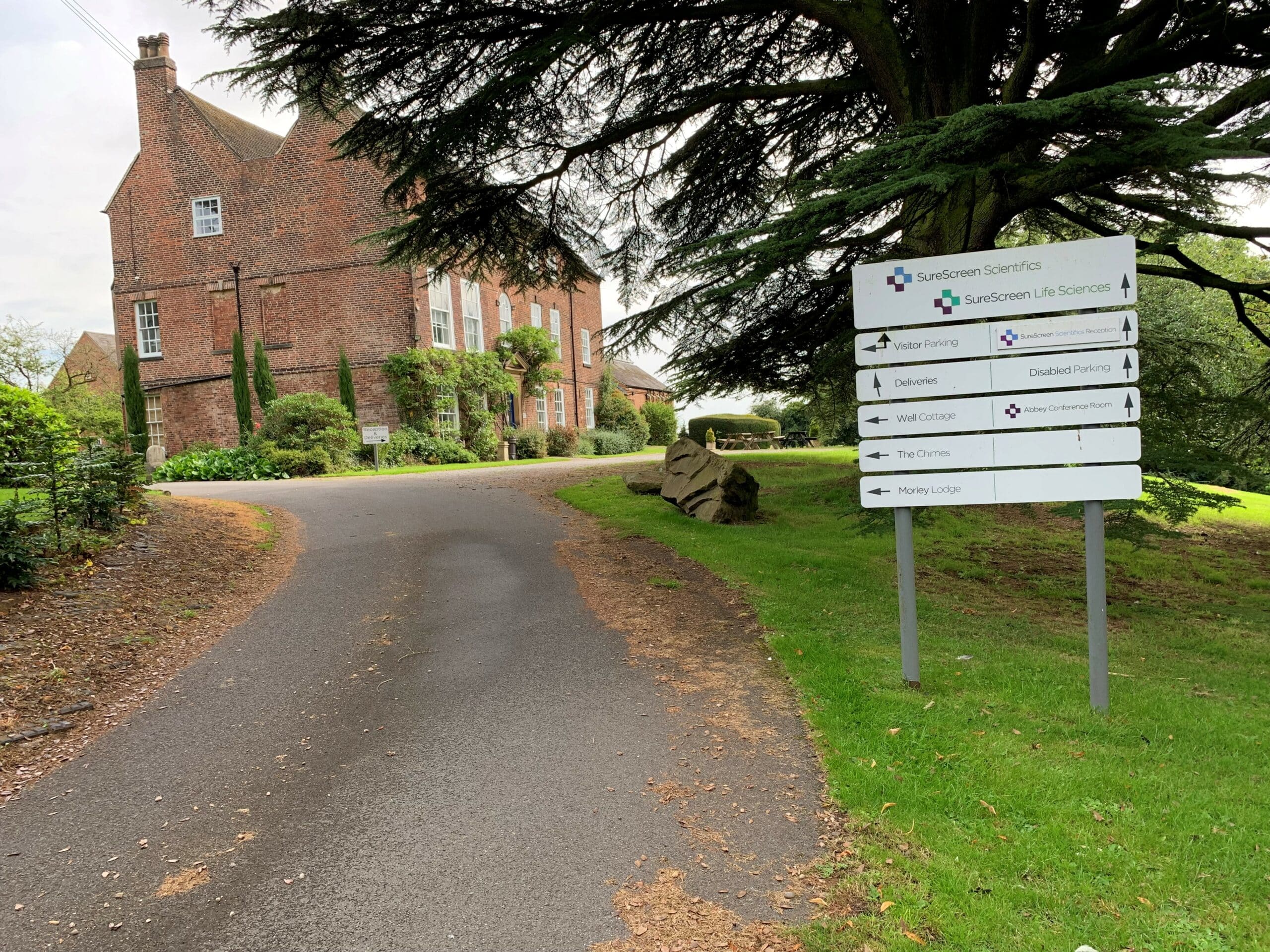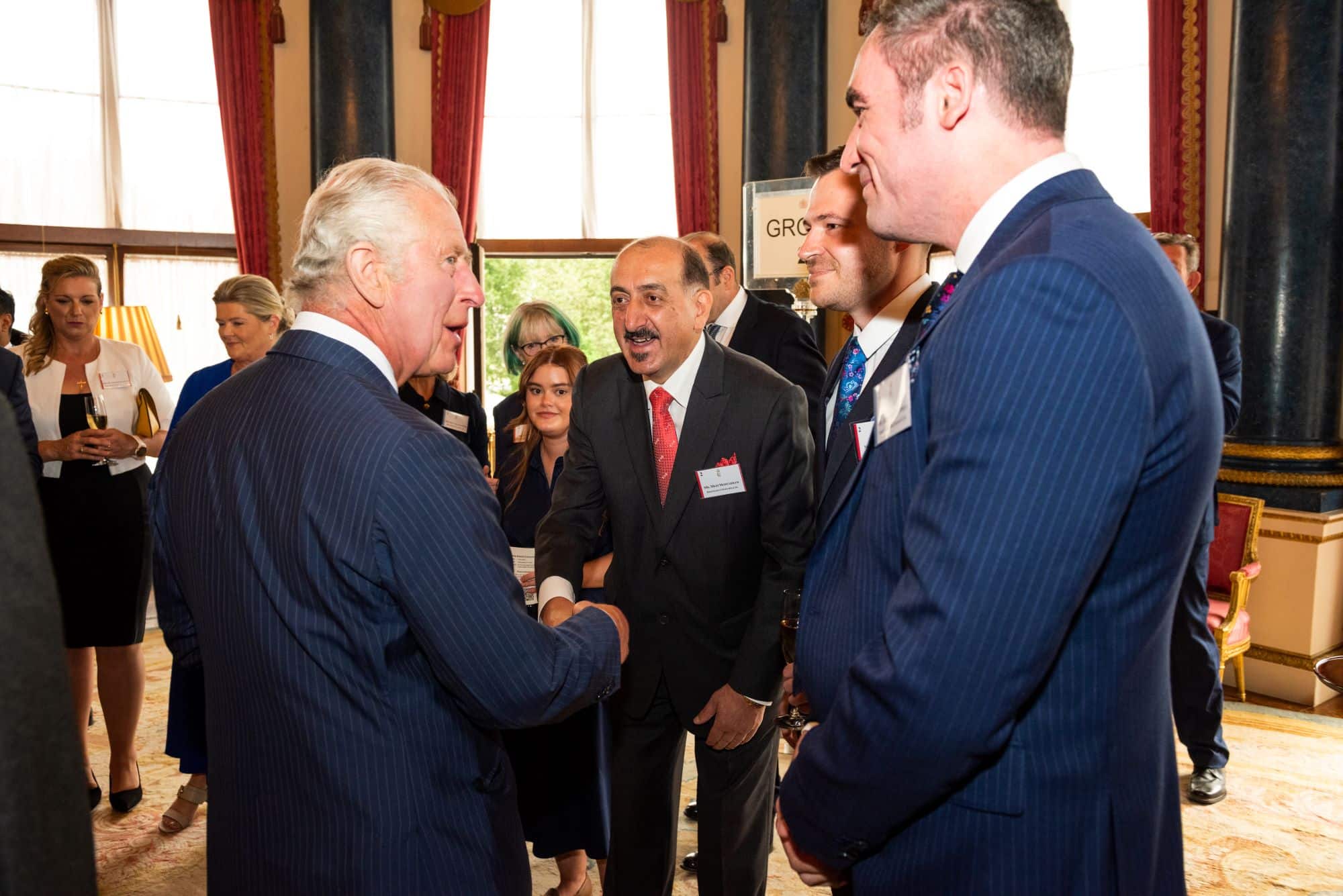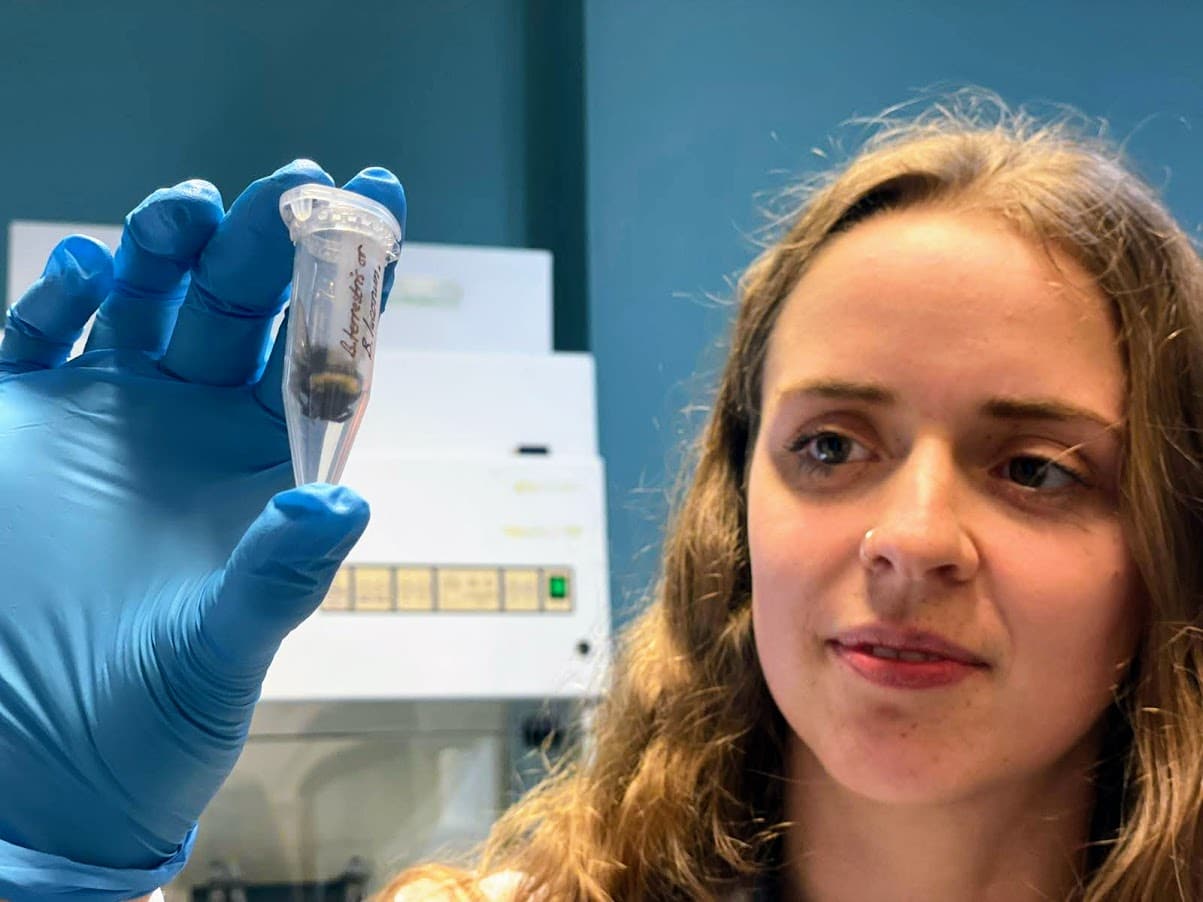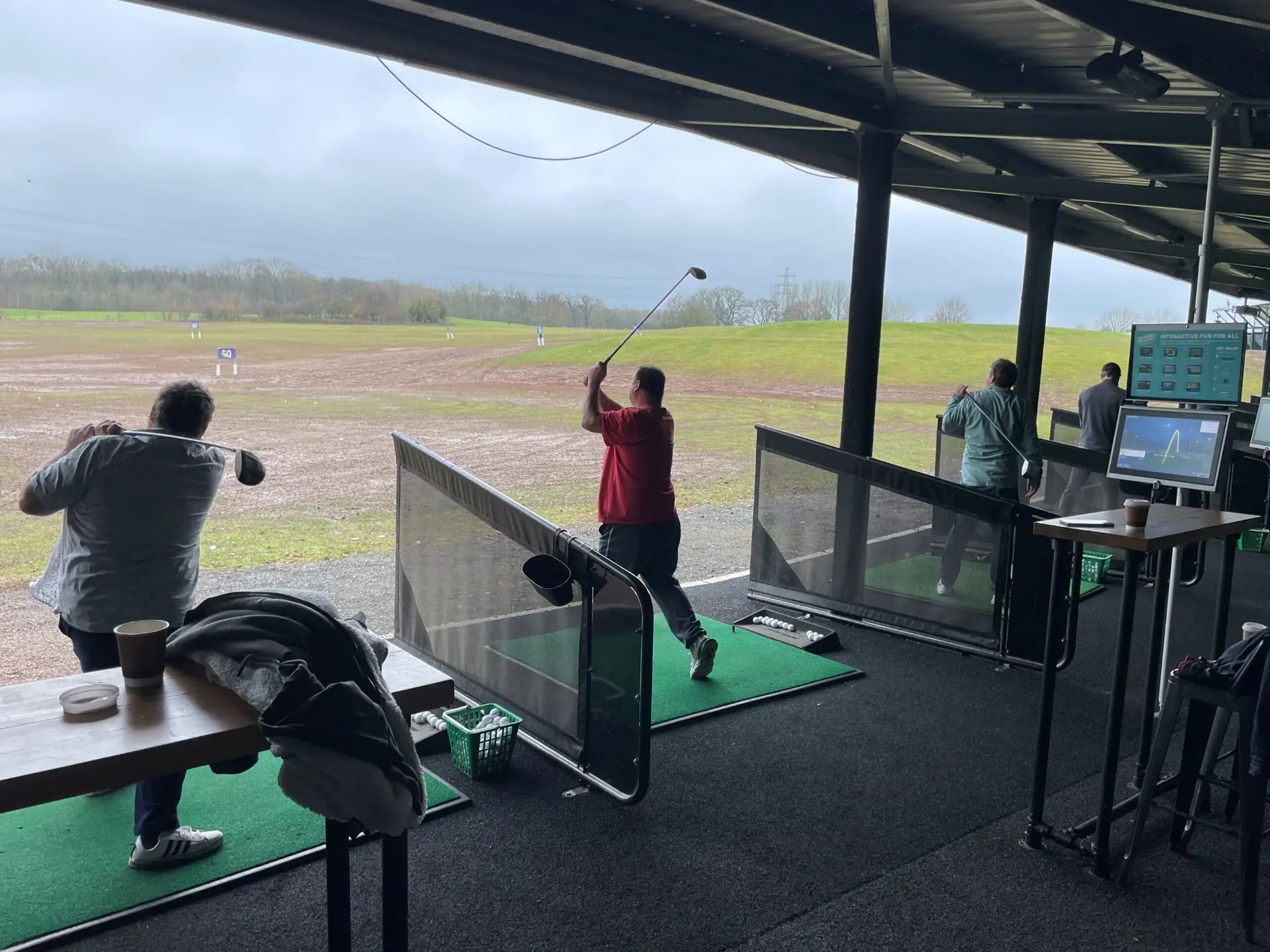An East Midlands science firm has taken on five new members of staff as it prepares for its busiest-ever Spring, thanks to an anticipated increase in demand for forensic tests from ecologists working to protect Britain’s most endangered wildlife.
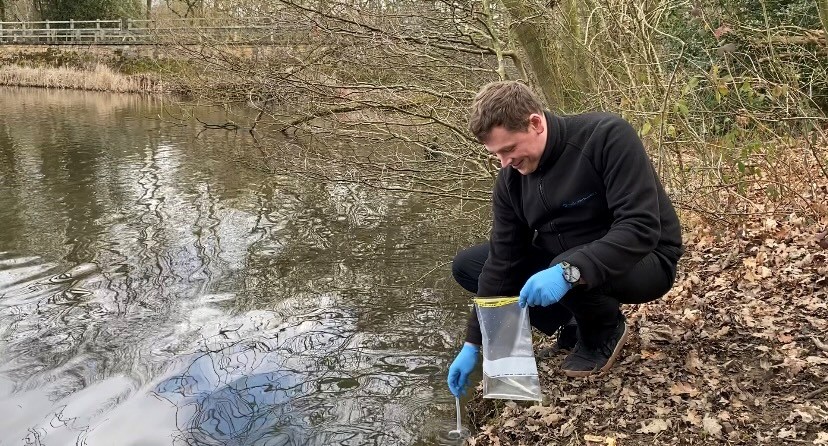
SureScreen Scientifics, based in Morley, outside Derby, has recruited four lab technicians and one administrator ahead of a seasonal rush from customers looking for evidence of the presence of species including great crested newts, crayfish and smooth newts.
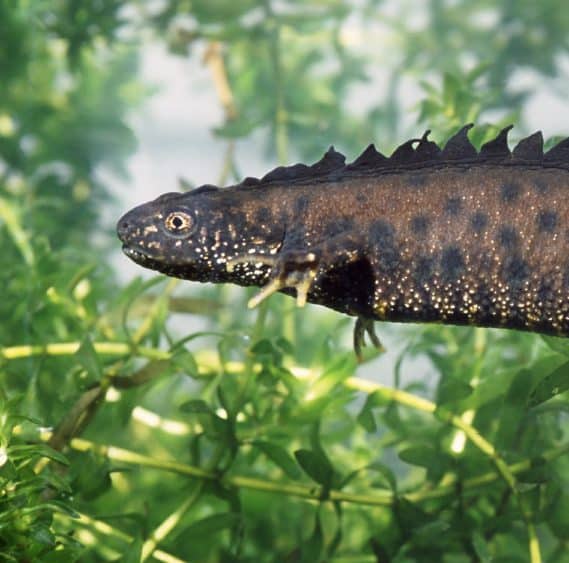
The company uses environmental DNA (known as eDNA) surveys to locate the animals in ponds, lakes and rivers without needing to trap or actually see one and the technology is so powerful that it can detect the presence of just two newts in a body of water as big as an Olympic-sized swimming pool.
The technique works by analysing samples of water that has been taken from the pond or river in question and sent through the post. When it arrives at the lab, SureScreen’s scientists look for traces of DNA material in each sample which might come from stray eggs or molecules of saliva, faeces or skin.
This DNA material is then extracted, purified and subjected to a technique similar to that used in a COVID PCR test, in order to identify whether or not it belongs to the target species.
Although the tests can detect a wide range of species, eDNA tests were originally applied to searches for evidence of great crested newts, which are protected species in the UK.
The process has a wide range of benefits, not least because it’s quicker, requires fewer staff to carry it out and benefits the newts themselves, because it is less invasive and hazardous to their welfare than traditional trapping methods.
The tests are most commonly carried out on behalf of house builders and conservationists, who want to make sure that ponds which may be located on the site of a proposed new development are free of great crested newts before they can start work.
The eDNA tests are carried out in Spring because that is the time when the newts and other species become more active, as the weather warms and they lay their eggs in the ponds.
SureScreen can return results in as little as a day and its tests have just earned a perfect 100% rating for reliability by Natural England.
Dr Chris Troth, head of forensic ecology at SureScreen Scientifics, said: “We’re one of the leading laboratories in the country when it comes to offering eDNA tests and so with Spring around the corner we are already getting ready for what is traditionally our busy period.
“This technology is incredibly powerful. Although we do a lot of testing for newts we also test for all manner of aquatic species, including white-clawed crayfish, which are indigenous to the UK but are coming under pressure from larger, imported crayfish which have found their way into the country’s waterways.
“Because it’s so accurate and kinder to animals, eDNA is a major asset for conservationists. Our country’s wildlife is sadly in a rapid state of decline so we are expecting to see an increase in demand from ecologists wanting to find out how key species are faring.”
SureScreen’s eDNA testing can also be used to identify a whole host of other species, including bats, bees, pine martens and wasps, simply from samples of droppings, hairs, pupae and the dead insects themselves.
The company also provides materials consultancy and testing for manufacturing and automotive supply chain, while its NeoVos brand uses DNA testing to identify people’s gut health and provide personal recommendations on how they can improve it.
SureScreen Scientifics is a sister company to SureScreen Diagnostics, which develops and manufactures a whole range of diagnostic tests for the health service and other industries, including drugs tests and lateral flow tests for COVID-19, Mpox and Strep A.
For more information visit www.surescreenscientifics.com
ENDS
This press release was issued by Simon Burch at Penguin PR. For more information contact [email protected] or ring 07735 397888.


